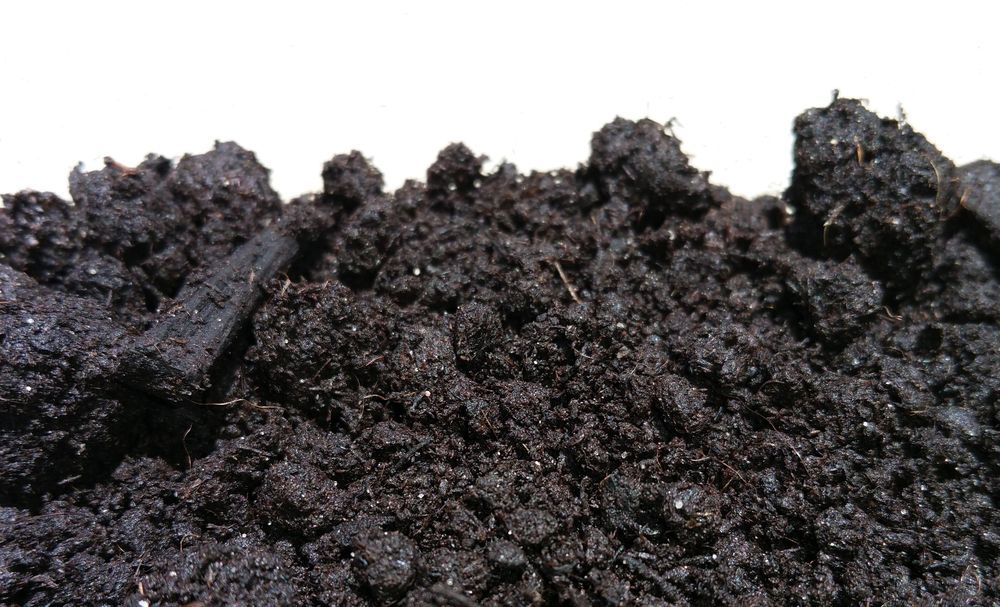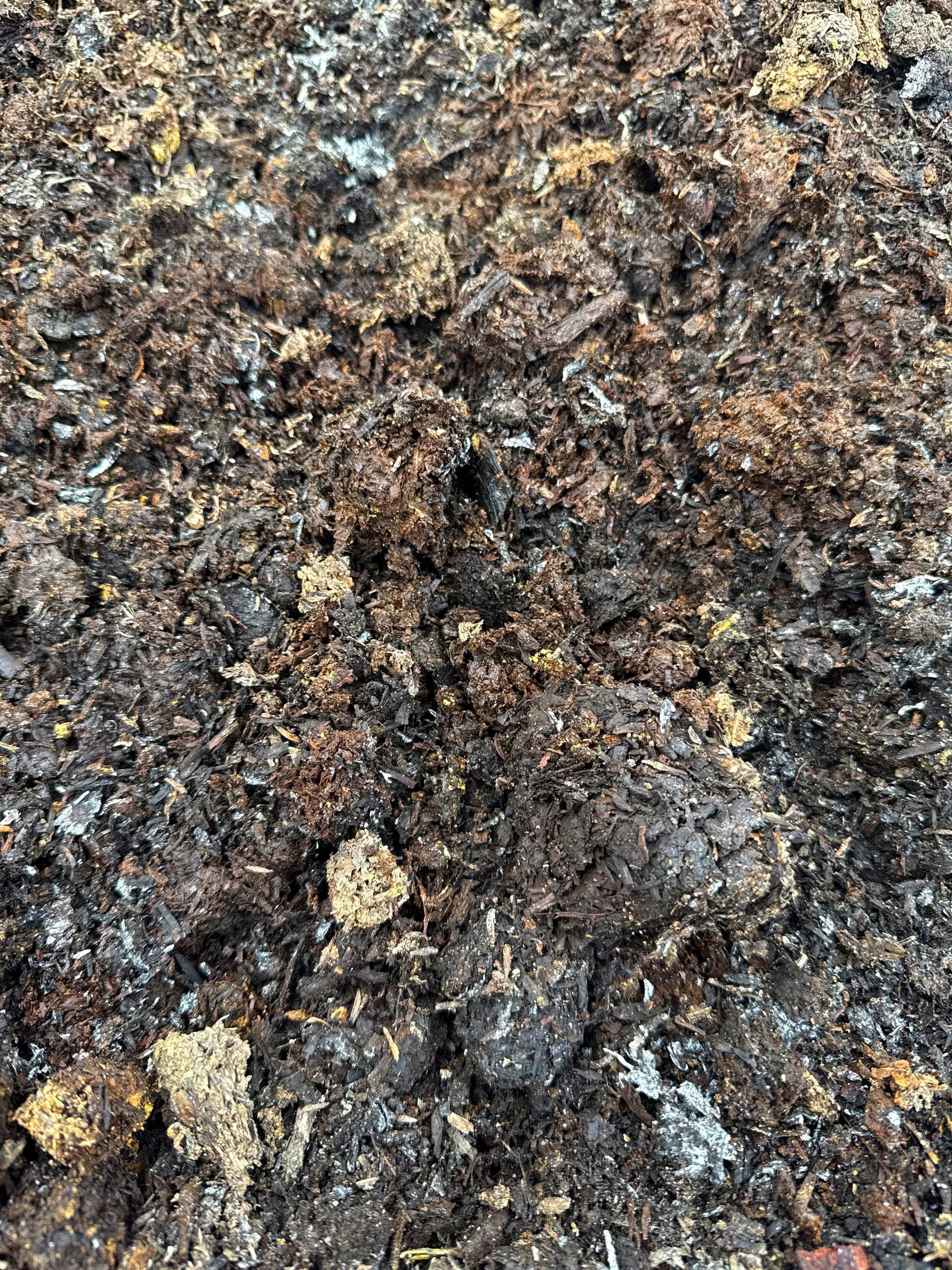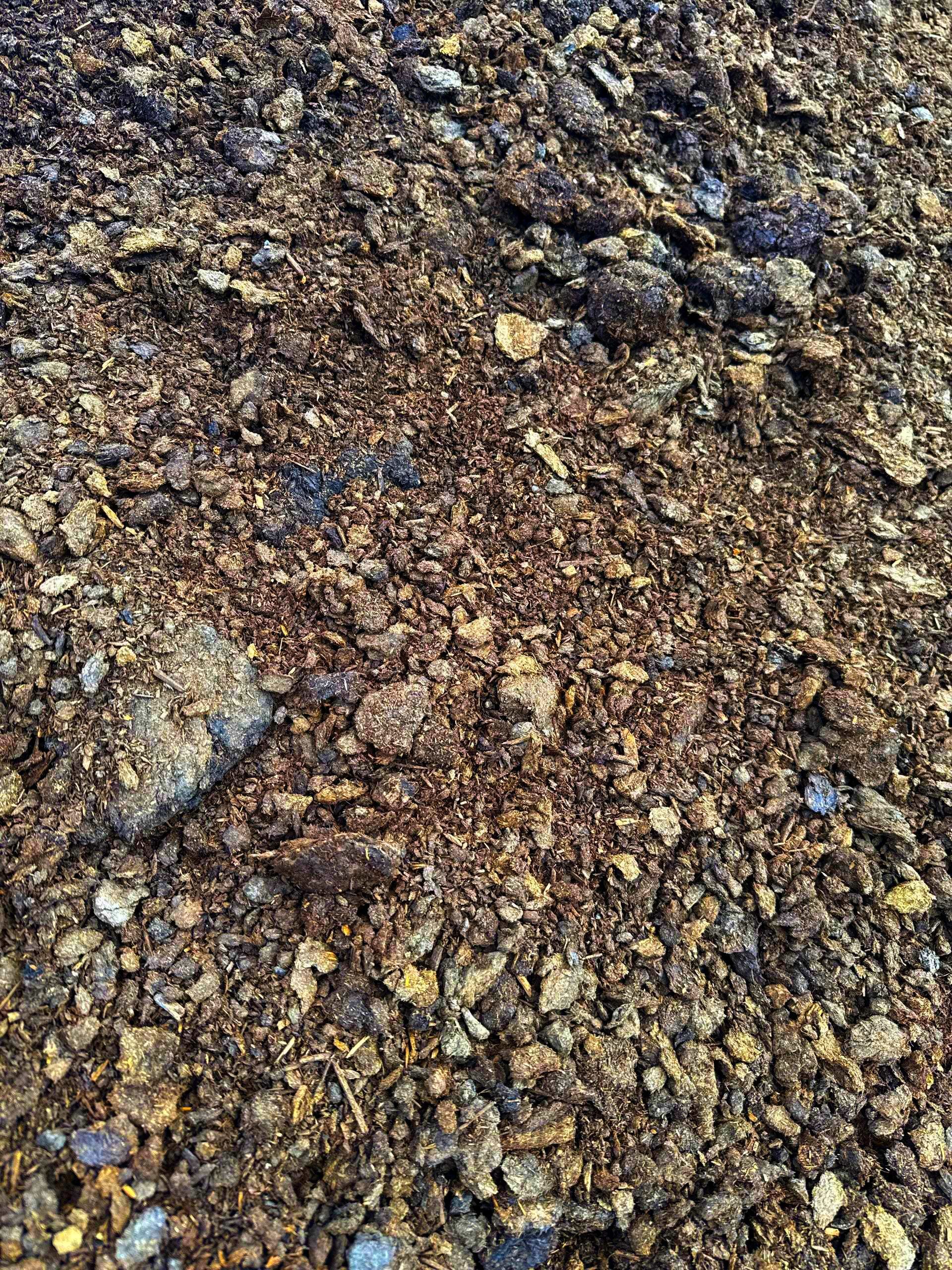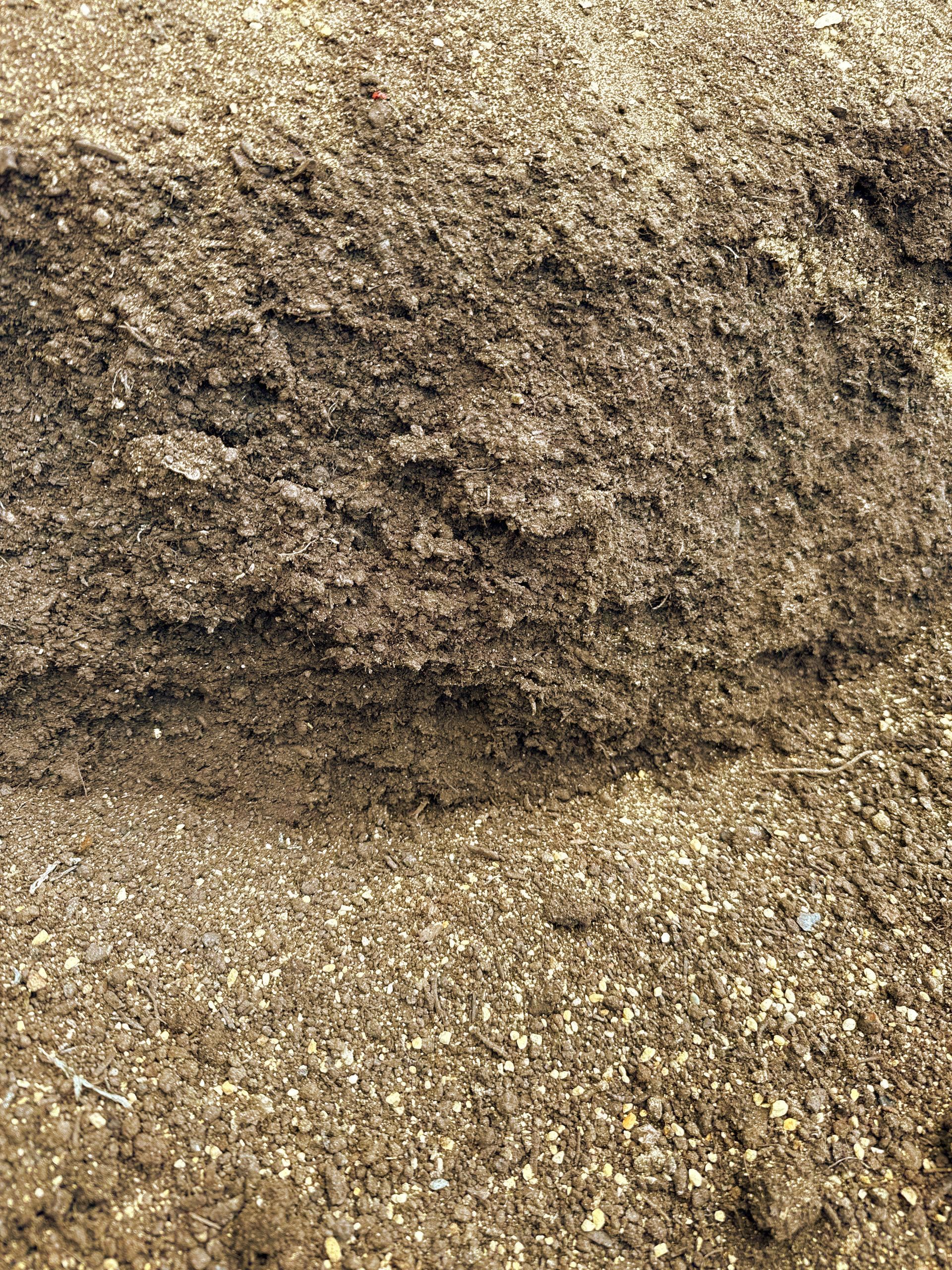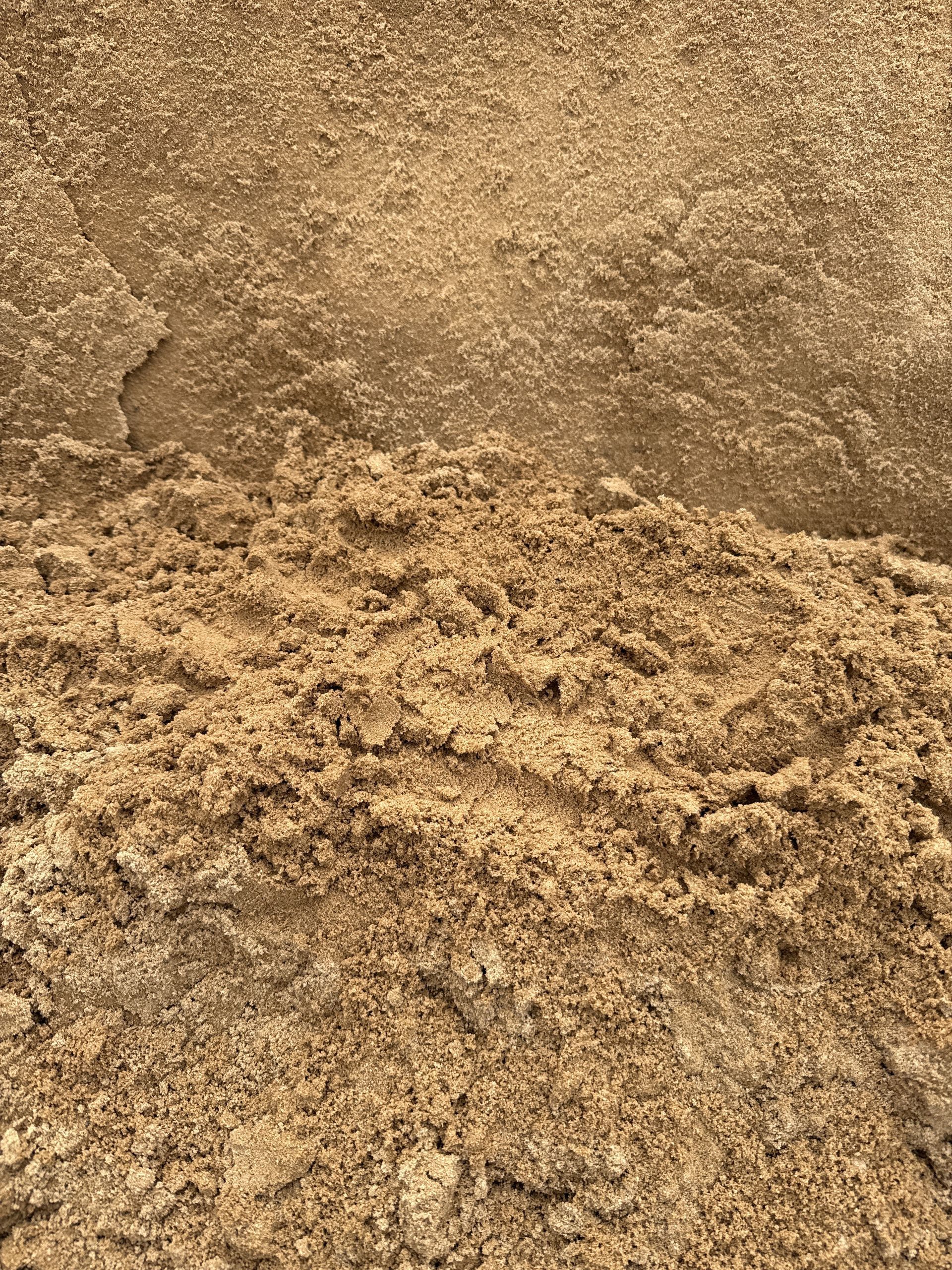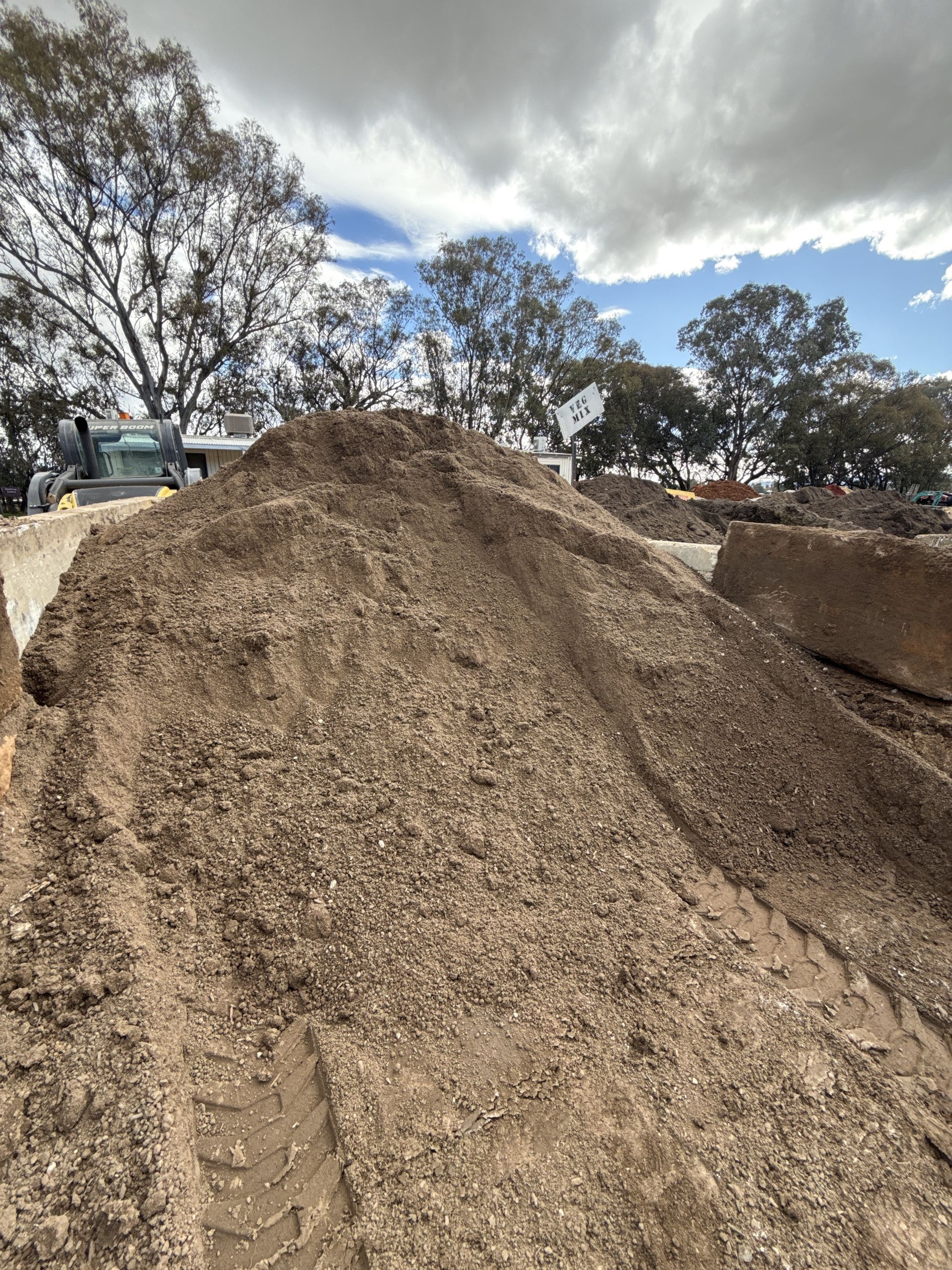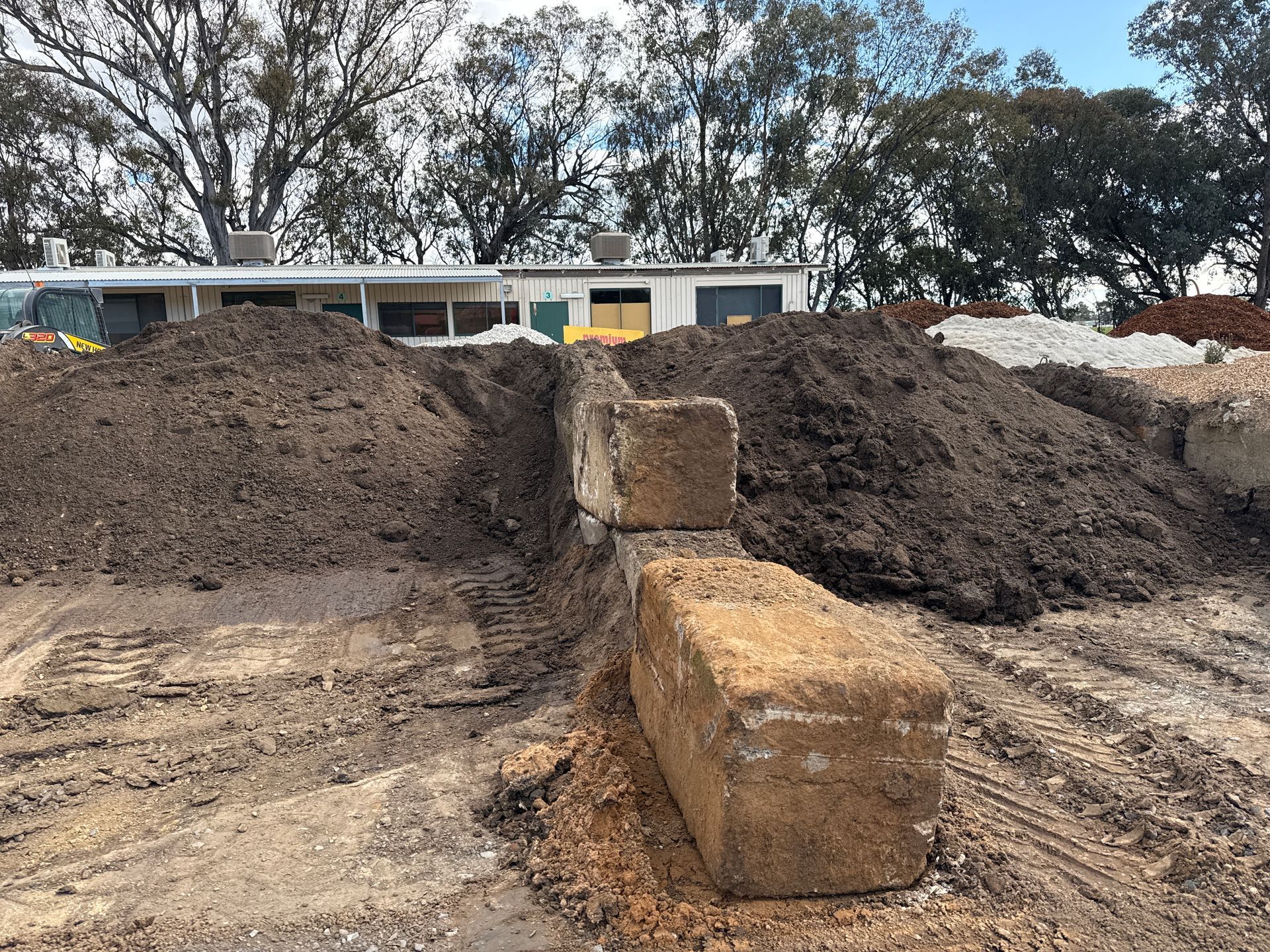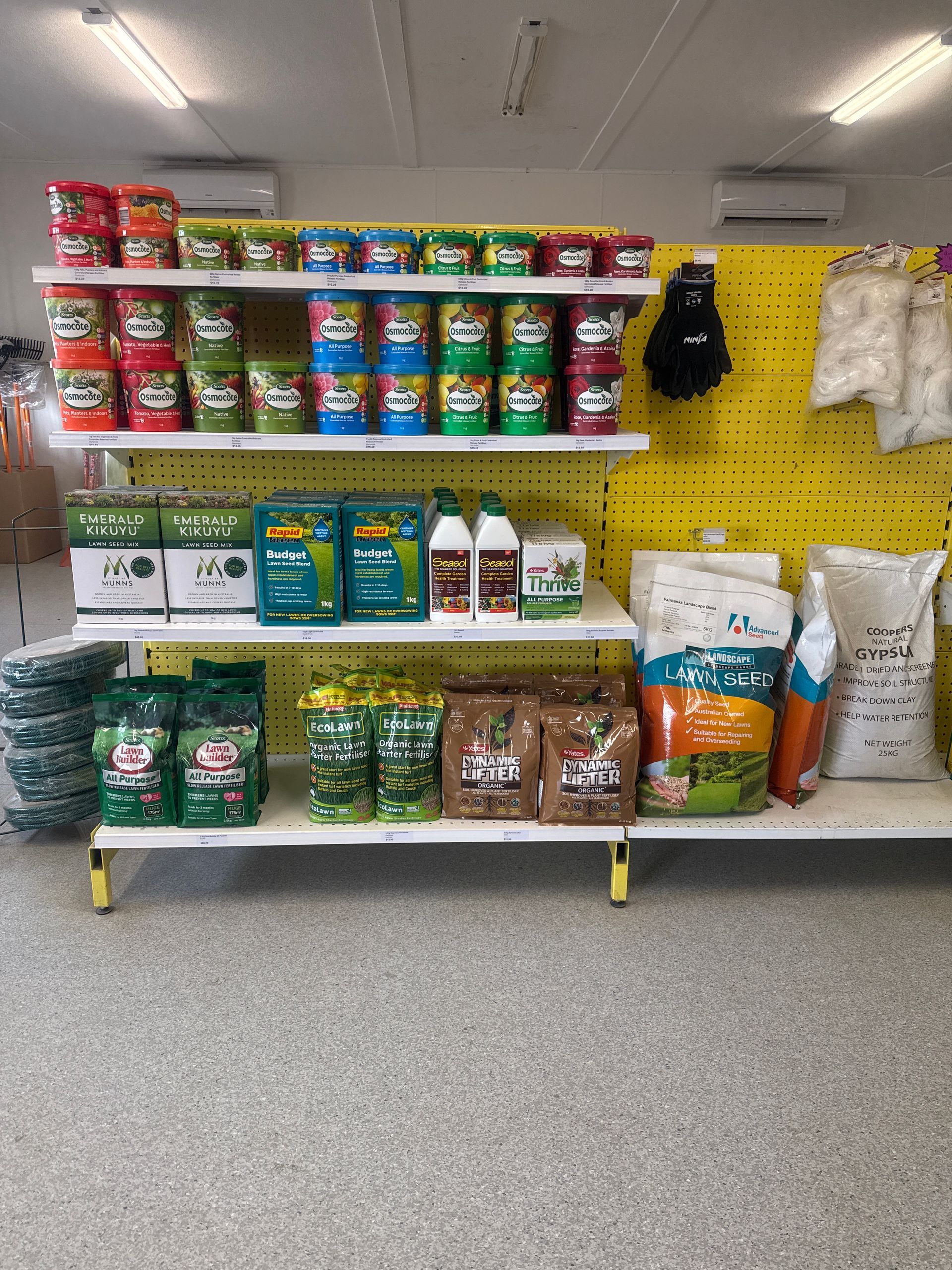Soils & Compost
in Wodonga
Expert Local Advice
Fast, Friendly Service
Quality Products, Great Prices
Free Product Guidance
Trusted Since 2011
Effortless Trailer Hire
Wodonga Soils & Compost
Getting your garden to thrive starts with healthy soil—and that’s exactly what you’ll find at Wodonga Sand & Soil, your go-to destination for nutrient-rich soils and premium compost blends in Wodonga.
Whether you're planting new turf, building up garden beds, or reviving tired soil, the right mix of organic matter and minerals makes a huge difference. Our range is designed to suit local conditions, helping home gardeners grow healthier lawns, stronger plants, and more productive veggie patches without the guesswork.
We’ll help you choose the best soil or compost for your specific needs, saving time and boosting results. For friendly advice and fast service, give us a call today on
02 6056 3355.
Supplying locals since 2011.
Better Garden Health Starts Here
Not all soil is created equal. From sandy loam to premium garden mixes, knowing what’s in your soil can make or break your gardening success. That’s why it’s worth sourcing blends that are properly screened, aerated, and packed with organic nutrients—especially when starting a new garden or landscaping project.
Compost is equally important, improving soil structure, moisture retention, and long-term fertility. Whether you're planting natives, flowers, vegetables, or turf, choosing the right foundation is the key to long-term growth. With various options available by the bag, trailer load or bulk delivery, it’s easy to get what you need—when you need it.
Have questions? Call 02 6056 3355 and chat with someone who knows their soil inside out.
What’s the difference between garden soil and compost?
Garden soil and compost are both essential for growing healthy plants, but they serve different purposes and have different compositions. Garden soil is a natural or blended growing medium that typically includes topsoil, sand, silt, clay, and sometimes added organic material. It forms the structural base for planting and provides a balance of drainage and nutrient retention. Garden soils can be tailored for specific uses, like veggie beds, lawns, or native gardens.
Compost, by contrast, is decomposed organic matter—such as food scraps, grass clippings, and leaf litter—that's added to soil to
enrich it with nutrients and improve its structure. Compost is not meant to be used alone in most planting situations because it lacks the density and mineral content of soil, but it's incredibly valuable as a soil conditioner. Together, soil and compost create an ideal environment for plant growth.
How thick should mulch be spread in garden beds?
For most garden beds, a mulch layer of 5–10 cm (2–4 inches) is recommended. This is thick enough to block sunlight from reaching weeds, retain soil moisture and regulate soil temperature. Thinner layers may dry out too quickly or allow weeds to push through, while excessively thick mulch can restrict airflow and lead to root rot or fungus. Leave a small gap around plant stems and trunks to prevent mould and promote healthy airflow.
What is the best type of soil for raised garden beds?
The best soil for raised garden beds is a well-balanced mix of topsoil, compost, and organic matter. This combination supports strong root growth, moisture retention, and nutrient availability—key factors for productive gardening. A common and effective blend is one-third topsoil, one-third compost, and one-third aeration material, such as coarse sand, coconut coir, or aged bark fines.
The topsoil provides structure and stability, the compost delivers essential nutrients, and the aeration component improves drainage and root health. It’s also worth tailoring your soil mix to the type of plants you're growing. For vegetables, a slightly richer compost mix works best. For native plants, a more free-draining, sandy mix with low phosphorus is often ideal.
